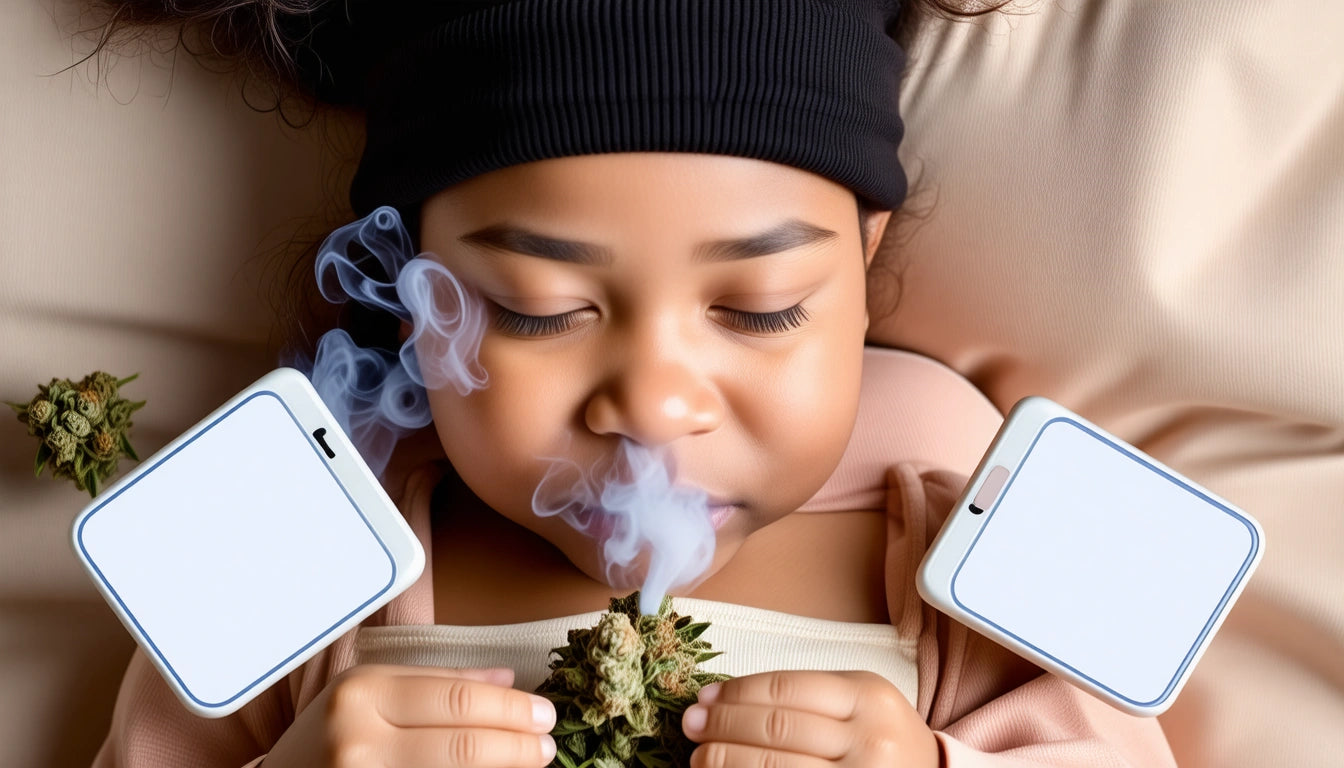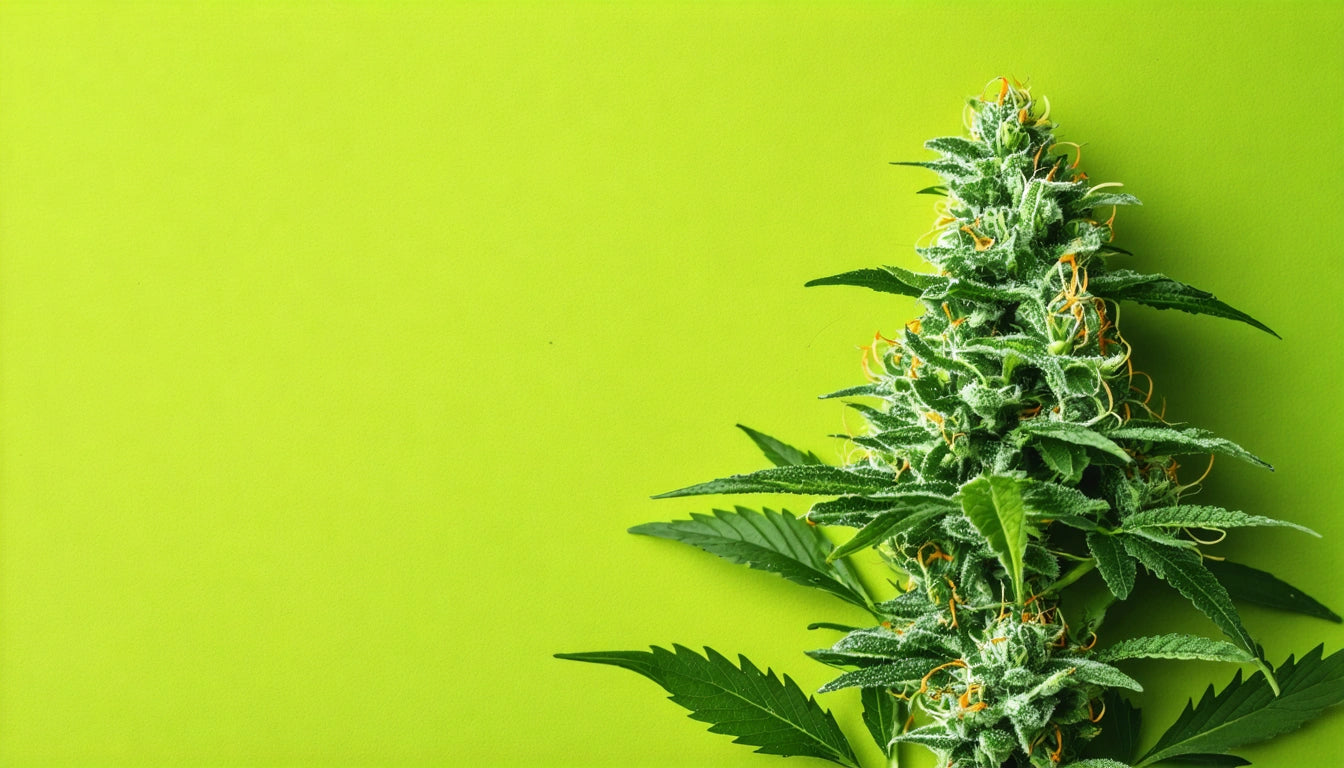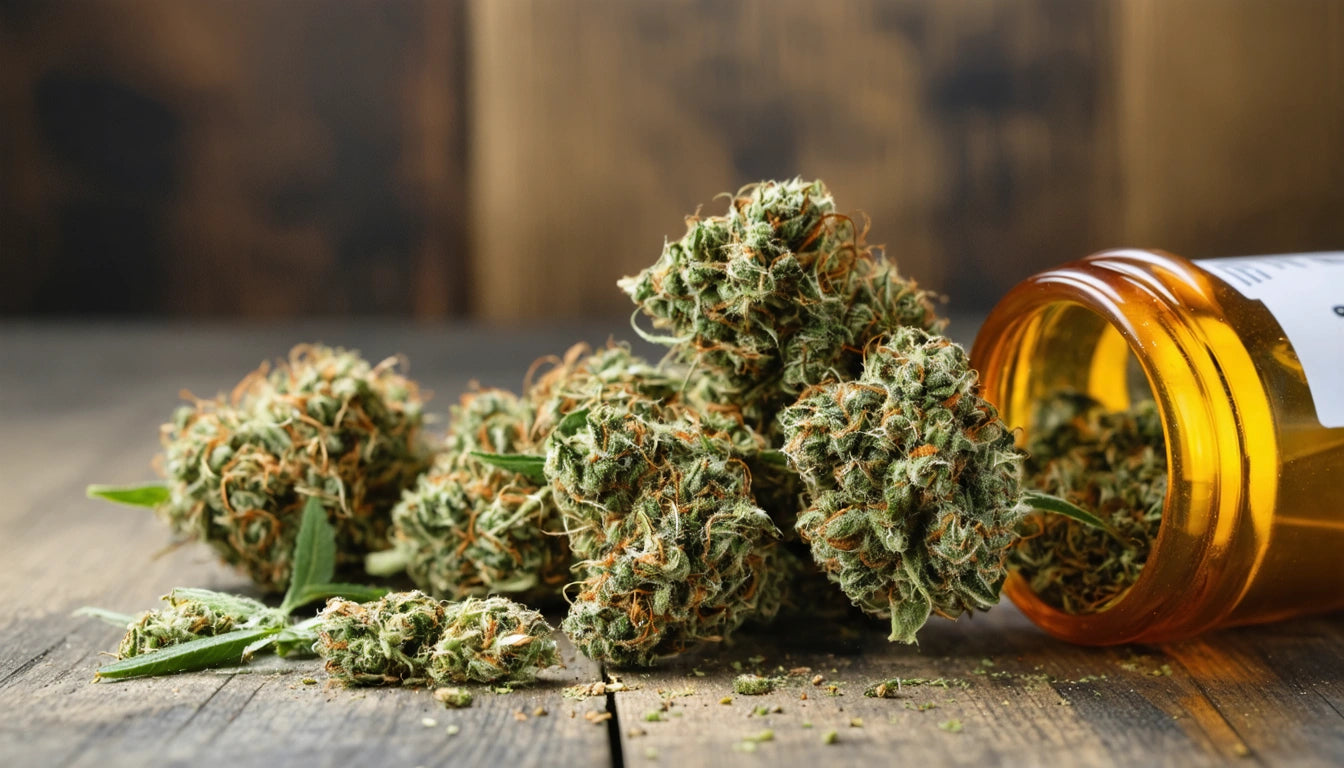How Smoking Weed Affects Breastfeeding and Breast Milk: What You Need to Know
Breastfeeding mothers often have questions about how lifestyle choices affect their breast milk quality and infant health. Cannabis use during lactation raises particular concerns as legalization expands across regions. Understanding how smoking weed affects breastfeeding and breast milk composition is essential for making informed decisions about maternal cannabis use.
Cannabis Compounds in Breast Milk: Understanding the Transfer
When a nursing mother consumes cannabis, THC and other cannabinoids can transfer into breast milk. This occurs because THC is lipophilic (fat-loving), allowing it to dissolve in the fatty components of breast milk. Research on THC and CBD in breast milk shows that cannabinoids can be detected in milk within hours of consumption.
The transfer mechanism works through passive diffusion, with THC moving from the bloodstream into breast milk. This process means that does weed get in breast milk is definitively answered: yes, cannabis compounds do pass into breast milk when consumed by the mother.
Duration of THC in Breast Milk: Timeline and Factors
A common question is how long does weed stay in breastmilk. Studies indicate that THC can persist in breast milk for up to six days after use, though individual factors affect this timeline:
- Frequency of use (occasional vs. regular)
- Potency of the cannabis consumed
- Individual metabolism
- Body fat percentage
- Hydration levels
For occasional users, THC might clear from breast milk within 2-3 days, while for regular users, it can remain detectable for a week or longer. This extended presence means that the question of how long after smoking weed can I breastfeed doesn't have a simple answer. Most medical professionals recommend waiting at least 24 hours after occasional use, though complete elimination takes longer.
Potential Effects on Infant Development
Neurological Development
Research suggests that exposure to THC during early development may affect the infant's neurological systems. The endocannabinoid system plays a crucial role in brain development, and external cannabinoids may disrupt this process. Studies have observed potential impacts on:
- Motor development
- Executive function
- Attention span
- Memory formation
Behavioral Impacts
Infants exposed to cannabis through breast milk may show subtle behavioral differences. Some research indicates potential associations with:
- Decreased muscular tone
- Poor sucking reflex
- Altered sleep patterns
- Delayed milestone achievement
These findings help address the question of what will happen if you smoke weed and breastfeed, though more research is needed for definitive conclusions.
Medical Recommendations and Alternatives
Major health organizations, including the American Academy of Pediatrics and the Centers for Disease Control and Prevention, recommend avoiding cannabis use while breastfeeding. For mothers who use cannabis for medical purposes, discussions with healthcare providers about alternative treatments are important.
For those processing cannabis for medical use, equipment like specialized grinding equipment for consistent preparation might be part of their routine, but alternatives should be considered during breastfeeding. Non-cannabinoid medications or therapies may provide relief without the risks associated with infant THC exposure.
Legal and Ethical Considerations
The legal landscape surrounding cannabis use during breastfeeding varies by jurisdiction. In some regions, detection of THC in an infant could potentially trigger child protective services involvement. Healthcare professionals face ethical considerations when advising patients, balancing maternal autonomy with infant welfare.
For medical professionals like nurses, understanding cannabis regulations is particularly important. Legal considerations for nurses using cannabis vary significantly by state, affecting both personal use and professional guidance they provide to patients.
Research Gaps and Future Directions in Cannabis and Lactation
Current research on does marijuana affect breast milk and its consequences for infant development has significant limitations. Most studies rely on self-reported use, face ethical constraints on controlled trials, and struggle with isolating cannabis effects from other factors. Future research needs include:
- Longitudinal studies tracking developmental outcomes
- Research on different consumption methods and their impact
- Investigation of CBD-only products and breastfeeding
- Standardized measuring of cannabinoid concentrations in milk
These research directions will help clarify the current understanding of does weed affect breastfeeding and provide better guidance for nursing mothers.
While research continues to evolve, the current medical consensus remains cautious. For mothers considering cannabis use, the potential risks to infant development generally outweigh perceived benefits, and alternative approaches should be explored during the breastfeeding period. As with many substances, the precautionary principle applies until more definitive research emerges.











Leave a comment
All comments are moderated before being published.
This site is protected by hCaptcha and the hCaptcha Privacy Policy and Terms of Service apply.